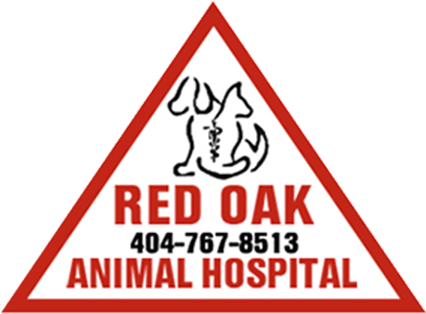Feline Leukemia Virus (FELV)
Feline Leukemia Virus (FELV) in Atlanta, Georgia: Understanding, Preventing, and Caring for Your Cat
Feline Leukemia Virus (FELV) is a contagious and potentially life-threatening disease affecting cats in Atlanta, Georgia, just like in many other regions. The vibrant city and its diverse pet community present unique challenges and opportunities when it comes to FeLV prevention and management. In this article, we will delve into what FeLV is, its causes, symptoms, and how to provide the best care for cats in the Atlanta area.
Understanding Feline Leukemia Virus (FELV): FELV is a viral disease that affects cats and weakens their immune system. It can lead to a range of health problems, from mild infections to life-threatening diseases like lymphoma and anemia. FELV is primarily transmitted through close contact with infected cats, such as grooming, biting, or shared food and water bowls.
Common Causes and Risk Factors for FELV in Atlanta:
- Multi-Cat Households: The social nature of Atlanta's pet community often leads to multi-cat households, increasing the risk of FELV transmission.
- Stray and Feral Cat Populations: Atlanta has a significant stray and feral cat population, which can serve as a reservoir for FELV.
- Outdoor Cats: Cats allowed outdoors are at higher risk of coming into contact with infected cats or contaminated areas.
- Kittenhood Exposure: Cats exposed to FELV during kittenhood have a higher chance of developing the disease.
Symptoms of Feline Leukemia Virus (FELV): FELV-infected cats may exhibit various symptoms, including:
- Loss of appetite and weight loss
- Lethargy and weakness
- Persistent fever
- Enlarged lymph nodes
- Dental problems
- Chronic infections
- Anemia
Preventing and Managing FELV in Atlanta: Preventing FELV in your cat is crucial, and if your cat is already infected, early detection and proper management can extend their life. Here's what you can do:
- Vaccination:
- Discuss with your veterinarian the availability of FELV vaccines. In areas with a higher risk of FELV transmission, like Atlanta, vaccination is especially important for outdoor and multi-cat household cats.
- Testing:
- Regular FELV testing is essential, particularly if you have a multi-cat household or if your cat spends time outdoors.
- Indoor Living:
- Consider keeping your cat indoors to reduce the risk of exposure to infected cats or other potential sources of FELV.
- Spaying/Neutering:
- Sterilize your cat to prevent fighting and mating behaviors that can lead to FELV transmission.
- Supportive Care:
- If your cat is diagnosed with FELV, work closely with your veterinarian to provide supportive care, manage symptoms, and keep your cat comfortable.
- Responsible Adoption and Rescue:
- Support local adoption and rescue organizations in Atlanta that test and provide care for FELV-positive cats.
FELV is a concerning disease for cats in Atlanta, Georgia, but with the right measures, you can protect your feline friend from this virus or provide them with the best care if they are infected. Early testing and responsible care can make a significant difference in your cat's health and well-being in the heart of Atlanta's vibrant pet community.
